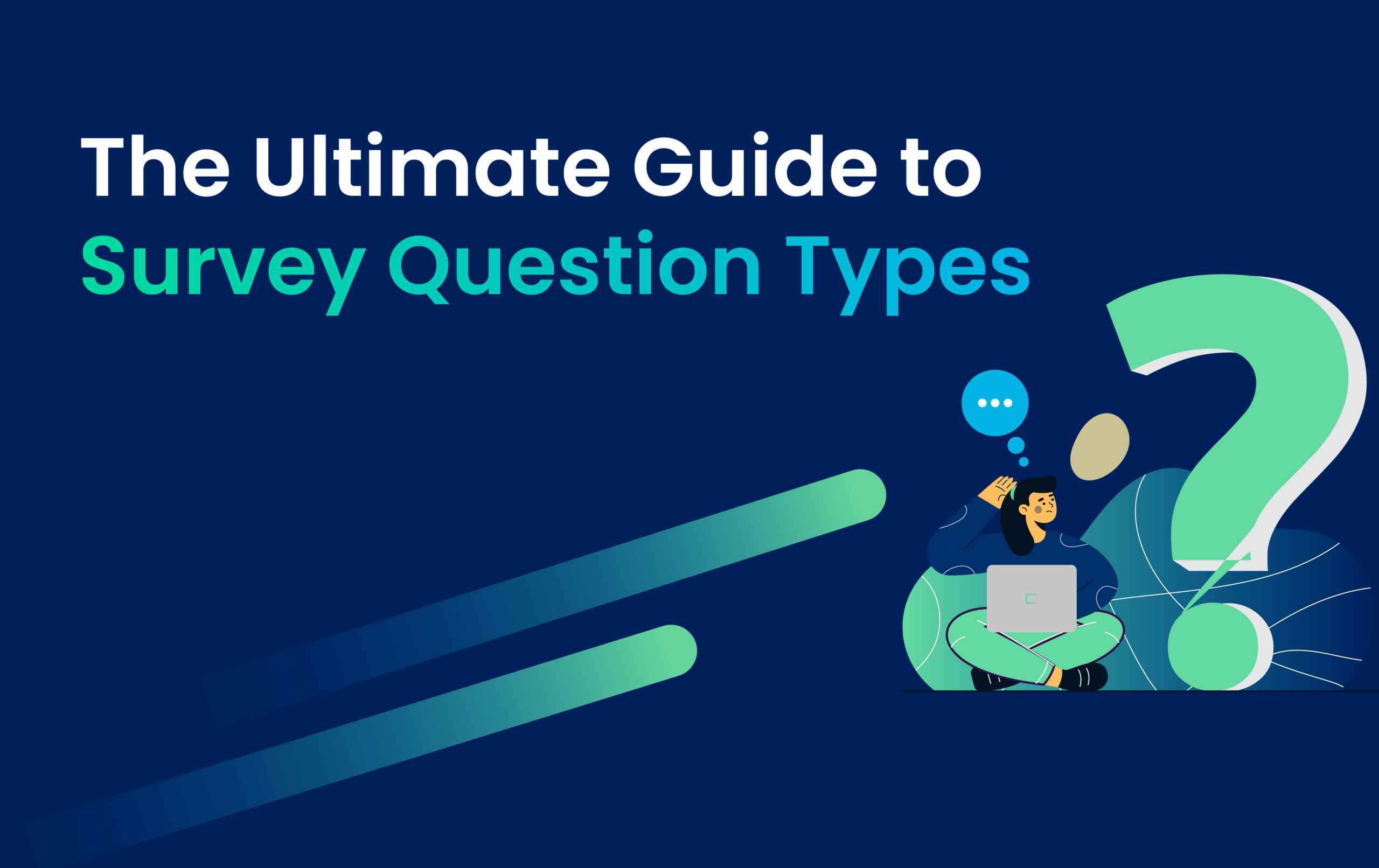Surveys are invaluable tools for gathering information and insights from individuals. They enable researchers, businesses, and organizations to understand opinions, preferences, and behaviors. Central to any survey are the questions posed to participants. The types of survey questions employed significantly influence the quality and depth of the data collected.
Open-Ended Survey Questions
Open-ended survey questions prompt respondents to provide detailed, free-form responses. These questions allow participants to express themselves in their own words, offering rich qualitative data. Examples of open-ended questions include:
- “What do you think are the biggest challenges facing our community?”
- “Please describe your experience with our customer service.”
Open-ended questions are ideal for exploring complex issues, gathering diverse perspectives, and uncovering unexpected insights.
Closed-Ended Survey Questions
Closed-ended survey questions provide respondents with predetermined response options. Participants select from choices provided by the survey creator. Closed-ended questions are efficient for collecting quantitative data and are often used for demographic information or opinion polling. Examples include:
- “Are you satisfied with our product? (Yes/No)”
- “On a scale of 1 to 5, how likely are you to recommend our services?”
Closed-ended questions streamline data analysis and facilitate comparisons across respondents.
Likert Scale Questions
Likert scale questions measure the degree of agreement or disagreement with a statement. Respondents indicate their level of agreement using a scale, typically ranging from “Strongly Disagree” to “Strongly Agree.” Likert scales allow for nuanced responses and are commonly used in surveys assessing attitudes, opinions, and perceptions.
Multiple Choice Questions
Multiple-choice questions present respondents with a set of options from which to choose. Participants select the most appropriate response from the provided list. Multiple-choice questions are versatile and can cover a wide range of topics, from product preferences to political opinions.
Ranking Scale Questions
Ranking scale questions require respondents to prioritize items in order of importance or preference. Participants assign numerical rankings or order items based on specified criteria. Ranking scale questions help identify priorities and preferences within a set of options.
Demographic Questions
Demographic questions gather information about participants’ characteristics, such as age, gender, income, and education level. Also, demographic data provide context for survey responses and facilitate segmentation and analysis.
Importance of Well-Structured Survey Questions
Well-structured survey questions are essential for collecting accurate and meaningful data. Poorly designed questions can lead to ambiguity, bias, and unreliable results. When crafting survey questions, consider the following factors:
- Clarity and simplicity
- Relevance to survey objectives
- Avoidance of leading or loaded language
- Consistency in formatting and response options
Conclusion
In conclusion, understanding the types of survey questions and their appropriate use is fundamental to conducting effective surveys. By selecting the right question formats and crafting clear, unbiased inquiries, researchers and organizations can gather valuable insights to inform decision-making and drive positive outcomes.
Are you ready to elevate your survey game and unlock deeper insights? Request a demo from AIM Technologies today and discover how our advanced survey tools can streamline your data collection process and empower your research efforts.
FAQs
What is the significance of open-ended survey questions?
- Open-ended survey questions allow respondents to provide detailed, qualitative responses, offering rich insights and perspectives.
How do Likert scale questions differ from other question types?
- Likert scale questions measure the degree of agreement or disagreement with a statement using a predetermined scale, providing nuanced data on attitudes and opinions.
Why are demographic questions important in surveys?
- Demographic questions help contextualize survey responses by providing information about participants’ characteristics, enabling segmentation and analysis.
What are the advantages of using multiple-choice questions in surveys?
- Multiple-choice questions offer respondents predefined response options, facilitating efficient data collection and analysis across a range of topics.
How can researchers ensure the quality of survey questions?
- Researchers can ensure the quality of survey questions by prioritizing clarity, relevance, and neutrality, and by conducting pilot testing to identify and address any issues.





